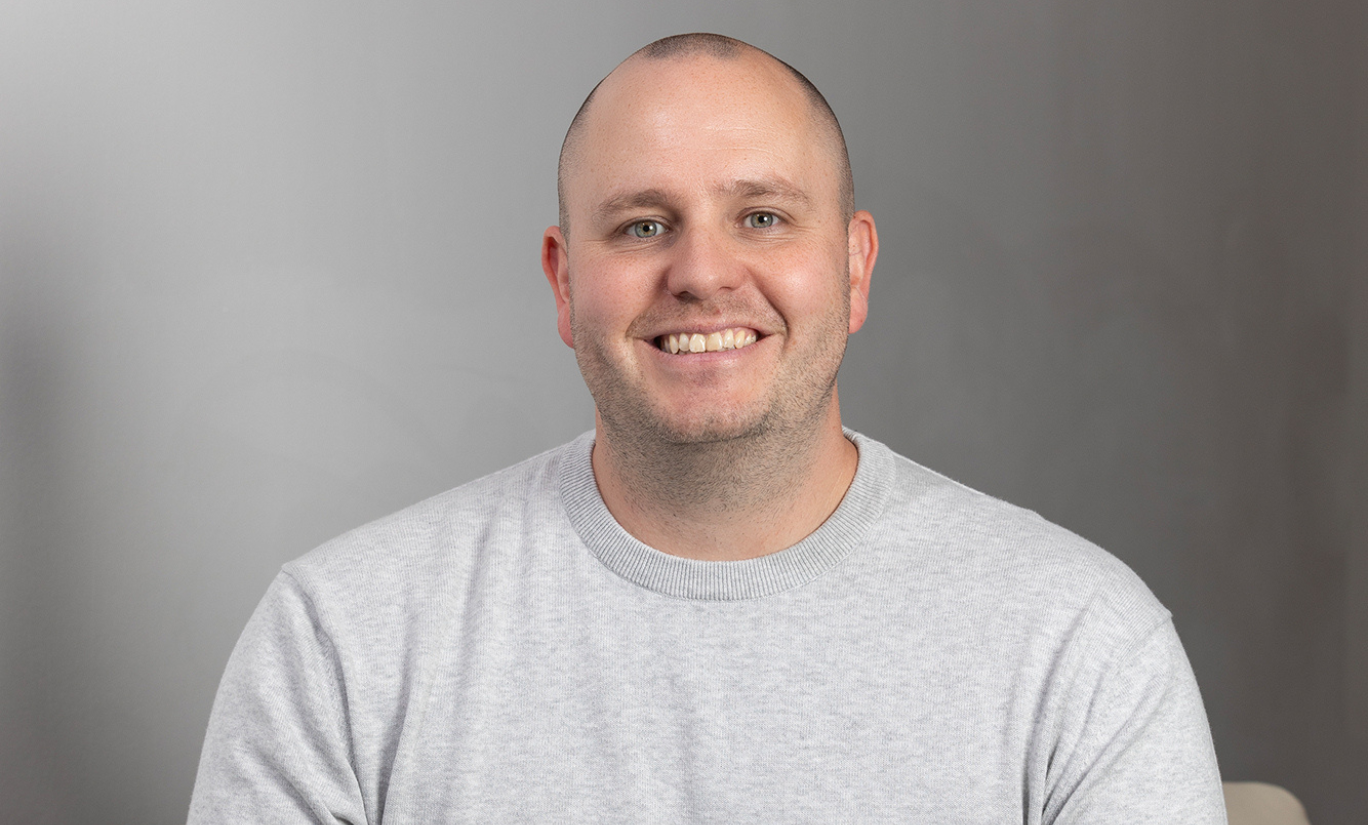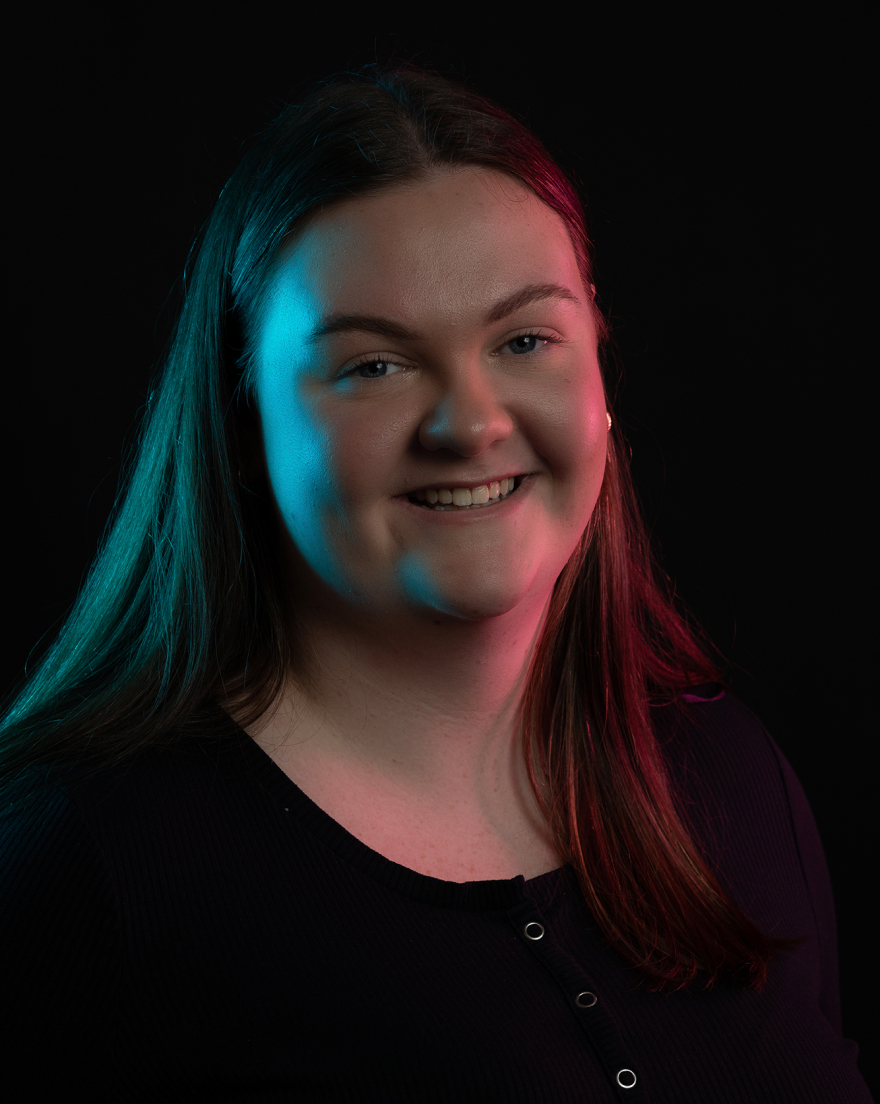
-
ROAR
- 4 Min Read
- Blog, News
Why No Isn’t a Dirty Word
IF you’ve ever said ‘yes’, when you really meant ‘no’ , welcome to the club. I used to be a fully paid up member. But now I embrace the power of ‘no’.
WE’VE all been there. Smiled, nodded, said yes – and immediately regretted it.
There were so many points during a conversation when we could have delivered a respectful no.
In fact, our minds were willing for us to do so. But somehow, some way, the word yes slipped out. And from that point, a period of pain, months and sometimes years long, ensued.
Damn!
I’ve been there, done it and have the well-worn, faded t-shirt to prove it – so a number of years ago I decided to make a fundamental change to my approach.
Saying yes is the easiest thing in the world. But all too often, it can be a yes for the wrong reasons, chief among them a fear of causing offence.
It can be a yes that leads to the wrong outcome for all concerned – all because we’re too afraid to say no.
In the world of ROAR Digital Marketing, the word no is completely acceptable; in fact, its use is positively celebrated when it leads to the correct outcomes for the business, for the team, or for a prospective (or existing) client.
Saying no to an unrealistic demand, goal, or expectation has value well beyond saying yes in the vain hope of achieving the unachievable.
Saying no to a potential customer because they do not fit with our values, culture, or ethos will prove more beneficial in the long term rather than saying yes on 10 out of 10 occasions. This is something I’ve spoken about in detail previously – see here.
Saying no to a client whose expectations are unreasonable, unrealistic, or plucked from thin air is OK, especially when you can back up your reasoning with data-driven evidence.
Saying no to a team member, as talented and committed as they may be, is sometimes necessary.
Saying no to yourself is perhaps the most challenging no of all. It is an internal conversation with competing voices vying for the final call.
But doing so can be liberating. It sets boundaries, and boundaries are important in all walks of business life.
Don’t get me wrong. I’m not a ‘no’ machine.
At ROAR, a no is more often than not rooted in data-driven insights. We use complex systems and industry-leading tech to help us project deliverables and align what is realistic in the context of what a client says they want or need.
These valuable insights help us to have conversations based on reality – and for strategic recommendations to be made about whether we should be the agency of choice for a potential client.
Of equal importance is whether the client is a fit for us. I spent time a few years ago working with a great guy called Gary Barnes. He’s an executive coach and growth leader and he taught me the importance of unqualifying a client.
Now, I understand that sounds counterproductive to business and revenue growth.
Find me a business owner who wants to turn down new revenue streams.
Or one who actively wants to say no to a client.
Very few exist.
In 2002, the behavioural psychologist Daniel Kahneman won a Nobel prize for his work on saying no to your impulses; in 2017, Richard Thaler, a pioneer of behavioural economics, won another.
We’re into the realms of the world’s best thinkers here, but the message, when it is stripped back to basics, is clear. No is not a dirty word.
In fact, for some people, it’s like a superpower – uplifting and liberating. For others, I do understand it can be daunting or uncomfortable.
Not being yes men and women is something which sets us apart from other agencies and the client respects our opinion. After all, they have come to us with a challenge that requires our expertise to resolve, so the very least they expect from us is to advise and guide us as industry specialists.
If a client approaches us with a set view on KPIs such as PPC ROAS, traffic, conversions or general SEO performance, we will analyse what they deem a successful outcome and assess how deliverable that is in reality. And from that research, we will reach a decision.
There are ways of saying no, of course, and I insist my team show manners, professional courtesy and respect to others at all times.
I also ask that before the verdict is delivered, they give real consideration to why they might be about to say no. I apply this rule to myself as well, of course.
Here’s why.
If we’ve established that our misplaced responses of ‘yes’ are likely a symptom of our desire not to offend or disappoint, we need to be sure that in saying no, we are not doing so for the wrong reasons.
No one should not be driven by a lack of confidence, a simple clash of personalities or a ‘because I don’t want to’ mentality. It needs to be rooted in a solid thought process.
So come back to the tools at your disposal and utilise them effectively to help you reach the right call.
If I ever have a conflict of views, I take time to mull them over. Reflecting on a request before making a decision on balance is perfectly acceptable. In fact, it’s the sensible approach to take.
What does this mean if you do business with me or ROAR, I hear you ask. It’s a fair question, and for the avoidance of doubt, we are a positive, solutions-focused team who absolutely love to say ‘yes we can’.
Just don’t be surprised or offended if we occasionally say no – and rest assured, it will always be for the right reasons.
Our team at ROAR specialise in Search Engine Marketing, helping businesses get found online and turn clicks into customers. Visit our services page for more, or book a free exploratory call with our team today.






